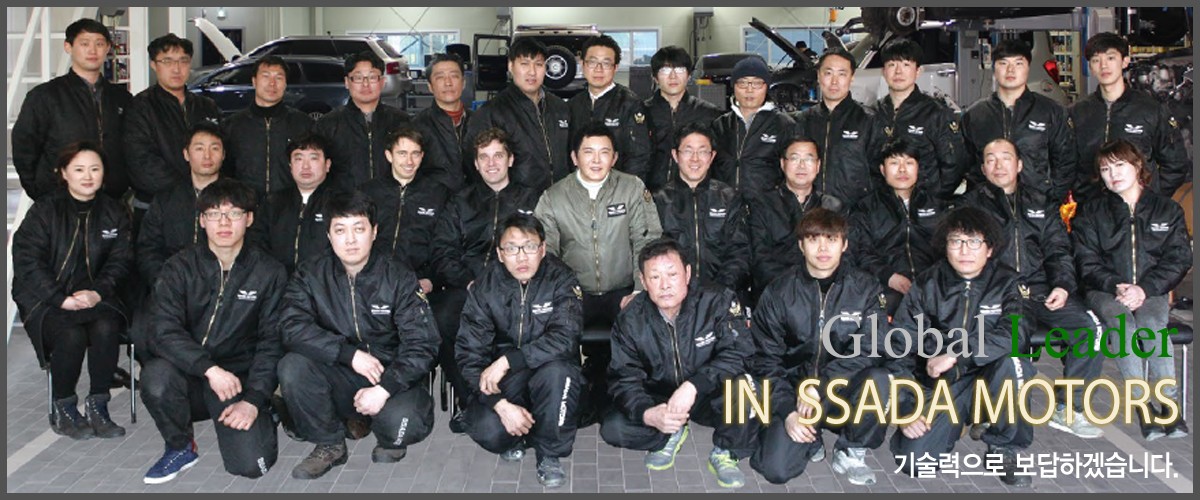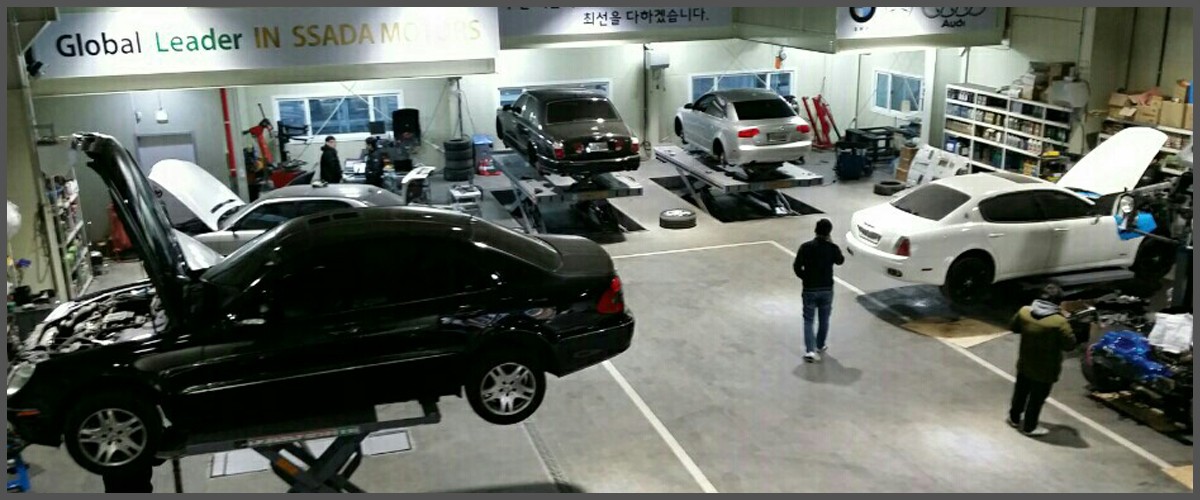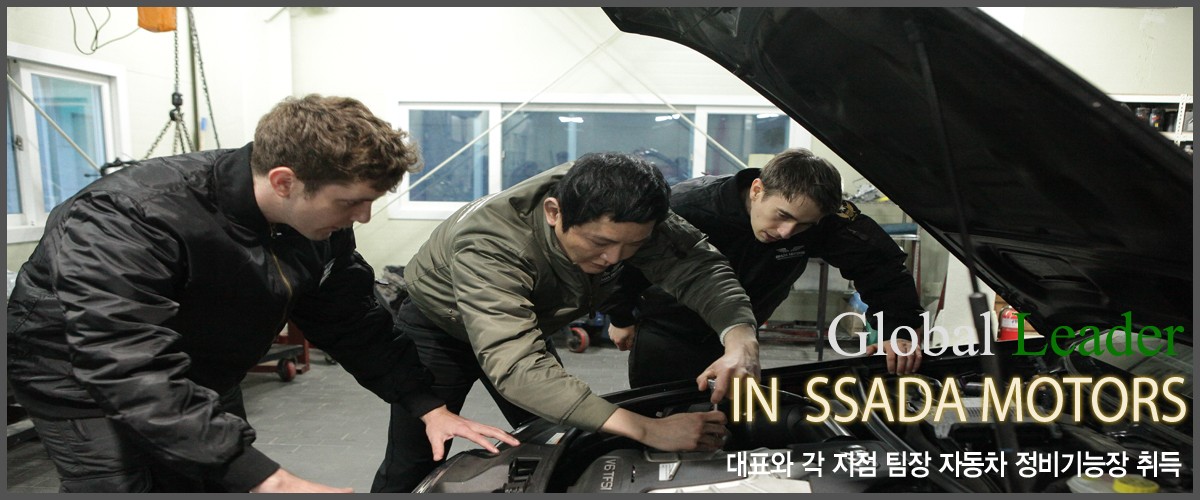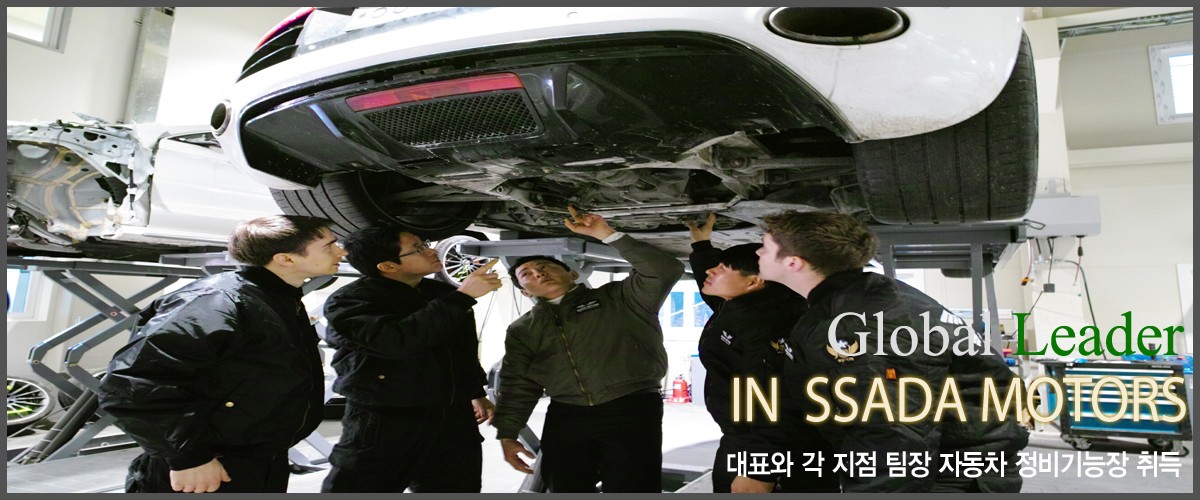Title Understanding the Function and Importance of Oil Pumps in Vehicl…
페이지 정보
작성자 Virgilio Dickey 작성일24-03-08 07:30 조회1회 댓글0건본문
Oil pumps are a crucial component in the operation of a vehicle's engine, playing a vital role in ensuring proper lubrication and maintenance of engine parts. In this article, we will explore the function, types, and importance of oil pumps in vehicles.
Common Issues:
Over time, power steering hoses can deteriorate due to exposure to heat, pressure, and contaminants in the power steering fluid. Common issues with power steering hoses include leaks, cracks, and bulging, which can result in a loss of power steering fluid, difficulty steering, or even complete steering failure.
Importance of Oil Pumps:
Proper lubrication is essential for the smooth operation and longevity of an engine. Oil pumps play a critical role in ensuring that all moving parts are adequately lubricated to reduce friction and prevent overheating. Without a functioning oil pump, engine components would suffer from increased wear and tear, leading to premature failure and possible catastrophic engine damage.
A camshaft is a crucial component of an internal combustion engine that plays a vital role in controlling the timing and duration of the opening and closing of the Engine Fault Diagnosis's valves. This mechanism is an essential part of the engine's overall performance and efficiency.
In conclusion, oil pumps are a vital component in maintaining the health and performance of a vehicle's engine. By understanding the function and importance of oil pumps, vehicle owners can take the necessary steps to ensure proper lubrication and maintenance of their engines, ultimately prolonging the lifespan of their vehicles.
An air conditioning (AC) compressor is a crucial component of an air conditioning system that plays a vital role in cooling your home or vehicle. The compressor is responsible for compressing the refrigerant gas, which is essential for the heat exchange process that allows the air conditioner to cool the indoor environment.
Camshafts are designed to meet the specific requirements of the engine they are paired with. They are usually made of high-strength steel or alloy materials to withstand the high-speed rotation and continuous operation within the engine. Proper maintenance and regular inspection of the camshaft are essential to ensure the smooth operation of the engine.
Types of Power Steering Hoses:
There are two main types of power steering hoses - high-pressure hoses and low-pressure return hoses. High-pressure hoses carry pressurized power steering fluid from the pump to the steering gear, while low-pressure return hoses transport the fluid back to the reservoir.
In conclusion, the camshaft is a critical component of an internal combustion engine that controls the valve timing and plays a significant role in the engine's performance and efficiency. Understanding the function and importance of the camshaft can help vehicle owners and automotive enthusiasts appreciate the complexities of engine operation and maintenance.
4. Piston Pumps:
Piston pumps utilize a piston mechanism to create a pumping action, pushing water through the system. These pumps are commonly used in high-pressure applications, such as in firefighting and hydraulic systems.
Types of Oil Pumps:
There are two main types of oil pumps used in vehicles: gear pumps and gerotor pumps. Gear pumps consist of two meshed gears that create a vacuum to draw oil from the oil pan and push it through the engine. Gerotor pumps, on the other hand, use an inner rotor and outer rotor design to create oil flow. Both types of pumps are designed to deliver oil efficiently and reliably to the engine components.
Power steering hoses play a critical role in the proper functioning of a vehicle's power steering system. These hoses are responsible for transporting power steering fluid under high pressure from the power steering pump to the steering gear, allowing the driver to turn the steering wheel with ease.
Professional Assistance:
Replacing power steering hoses can be a complicated and labor-intensive task, as it often requires special tools and expertise. It is recommended to seek the help of a professional mechanic or technician to properly inspect, diagnose, and replace power steering hoses as needed.
3. **Signs of AC Compressor Issues**: If your AC compressor is failing, you may notice signs such as warm air blowing from the vents, loud noises coming from the compressor, strange odors, or leaking refrigerant. If you notice any of these signs, it's essential to have your compressor checked and repaired by a professional technician.
Regular maintenance and inspection of the oil pump are crucial to ensure optimal engine performance and longevity. It is essential to monitor oil pressure, check for signs of oil leaks, and change the oil and filter at regular intervals to keep the oil pump and engine running smoothly.
Maintenance and Replacement:
Regular maintenance of the power steering system, including checking for signs of leaks or damage to the hoses, is crucial to ensure the system functions properly. If a power steering hose shows signs of wear or damage, it should be replaced immediately to prevent more serious issues and maintain the safe operation of the vehicle.
Common Issues:
Over time, power steering hoses can deteriorate due to exposure to heat, pressure, and contaminants in the power steering fluid. Common issues with power steering hoses include leaks, cracks, and bulging, which can result in a loss of power steering fluid, difficulty steering, or even complete steering failure.
Importance of Oil Pumps:
Proper lubrication is essential for the smooth operation and longevity of an engine. Oil pumps play a critical role in ensuring that all moving parts are adequately lubricated to reduce friction and prevent overheating. Without a functioning oil pump, engine components would suffer from increased wear and tear, leading to premature failure and possible catastrophic engine damage.
A camshaft is a crucial component of an internal combustion engine that plays a vital role in controlling the timing and duration of the opening and closing of the Engine Fault Diagnosis's valves. This mechanism is an essential part of the engine's overall performance and efficiency.
In conclusion, oil pumps are a vital component in maintaining the health and performance of a vehicle's engine. By understanding the function and importance of oil pumps, vehicle owners can take the necessary steps to ensure proper lubrication and maintenance of their engines, ultimately prolonging the lifespan of their vehicles.
An air conditioning (AC) compressor is a crucial component of an air conditioning system that plays a vital role in cooling your home or vehicle. The compressor is responsible for compressing the refrigerant gas, which is essential for the heat exchange process that allows the air conditioner to cool the indoor environment.
Camshafts are designed to meet the specific requirements of the engine they are paired with. They are usually made of high-strength steel or alloy materials to withstand the high-speed rotation and continuous operation within the engine. Proper maintenance and regular inspection of the camshaft are essential to ensure the smooth operation of the engine.
Types of Power Steering Hoses:
There are two main types of power steering hoses - high-pressure hoses and low-pressure return hoses. High-pressure hoses carry pressurized power steering fluid from the pump to the steering gear, while low-pressure return hoses transport the fluid back to the reservoir.
In conclusion, the camshaft is a critical component of an internal combustion engine that controls the valve timing and plays a significant role in the engine's performance and efficiency. Understanding the function and importance of the camshaft can help vehicle owners and automotive enthusiasts appreciate the complexities of engine operation and maintenance.
4. Piston Pumps:
Piston pumps utilize a piston mechanism to create a pumping action, pushing water through the system. These pumps are commonly used in high-pressure applications, such as in firefighting and hydraulic systems.
Types of Oil Pumps:
There are two main types of oil pumps used in vehicles: gear pumps and gerotor pumps. Gear pumps consist of two meshed gears that create a vacuum to draw oil from the oil pan and push it through the engine. Gerotor pumps, on the other hand, use an inner rotor and outer rotor design to create oil flow. Both types of pumps are designed to deliver oil efficiently and reliably to the engine components.
Power steering hoses play a critical role in the proper functioning of a vehicle's power steering system. These hoses are responsible for transporting power steering fluid under high pressure from the power steering pump to the steering gear, allowing the driver to turn the steering wheel with ease.
Professional Assistance:
Replacing power steering hoses can be a complicated and labor-intensive task, as it often requires special tools and expertise. It is recommended to seek the help of a professional mechanic or technician to properly inspect, diagnose, and replace power steering hoses as needed.
3. **Signs of AC Compressor Issues**: If your AC compressor is failing, you may notice signs such as warm air blowing from the vents, loud noises coming from the compressor, strange odors, or leaking refrigerant. If you notice any of these signs, it's essential to have your compressor checked and repaired by a professional technician.
Regular maintenance and inspection of the oil pump are crucial to ensure optimal engine performance and longevity. It is essential to monitor oil pressure, check for signs of oil leaks, and change the oil and filter at regular intervals to keep the oil pump and engine running smoothly.
Maintenance and Replacement:
Regular maintenance of the power steering system, including checking for signs of leaks or damage to the hoses, is crucial to ensure the system functions properly. If a power steering hose shows signs of wear or damage, it should be replaced immediately to prevent more serious issues and maintain the safe operation of the vehicle.
댓글목록
등록된 댓글이 없습니다.



































